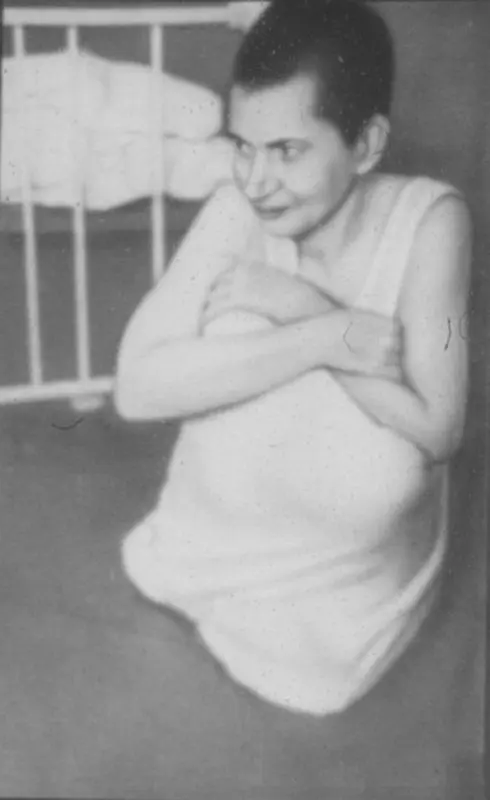Schizophrenia (schizophrenic psychosis) affects approximately 1% of the population. This chronic disease, which until recently was mysterious and doomed patients to isolation, is now better known and studied intensively.
Although we still know little about it, therapies are becoming more and more effective. The risk of developing the disease does not depend on gender, and most cases begin before the age of 30 (on average, in men a little earlier than in women).
Schizophrenia may have a different picture, but painful and inadequate perception, perception, experience and evaluation of oneself and the surrounding reality is relatively constant.

There are several forms of schizophrenia:
- paranoid (delusions and hallucinations predominate),
- hebephrenic (disorganized — thinking, affects and behavior are strange, unpredictable and chaotic),
- catatonic (states of the so-called stupor or catatonic arousal predominate — the patient loses contact with the environment, is silent and remains extremely motionless. This condition can suddenly develop into very strong psychomotor agitation),
- simple (no productive symptoms, starts slowly, gradually increasing negative symptoms with a later disruption of the life line),
- residual (chronic symptoms of relatively stable and low intensity prevail, which persist for a long time),
- undifferentiated (lack of predominance of any of the groups of symptoms.
Schizophrenia can start suddenly and acutely (over several days) or gradually (over several months or even years). In the first case, unusual internal experiences predominate, often leading to strange and often aggressive behavior. Despite the unpleasantness of these experiences and the psychological suffering of the patient, he is often convinced of their «truthfulness» and therefore may not need medical attention. Some symptoms of schizophrenia may even lead to avoidance of contact with a psychiatrist.
Gradually developing schizophrenia is mainly characterized by increased abstinence, suspicion, the disappearance of spontaneity and inappropriate behavior, as well as a deterioration in intellectual functions. The expression of emotions becomes weaker and less adequate to the circumstances. Such a person avoids contact with others, becomes distrustful and limits his activities. Sometimes by not leaving the house. There is a growing loss of interest in the outside world and attention to internal diseases. Odd behavior and statements may appear. Sometimes it is difficult for my relatives to notice these changes and consider them pathological. In some patients, a more pronounced «break in the life line» is observed. For example, in the form of increased difficulties at school, university or at work.

Psychotherapy for schizophrenia
In the course of schizophrenia, various interventions may be involved, and their choice depends on the phase of the disease and the patient’s current capabilities. In the initial period, supportive psychotherapy is more important, and later (as the patient improves and his ability to meet regularly) cognitive behavioral therapy (CBT) and cognitive functioning training. Sometimes family therapy is also recommended, in which, in addition to the patient, his relatives should participate in order to jointly try to cope with schizophrenia. During such meetings, one can also observe the behavior and emotions in a given family in order to understand which of these mechanisms hinder the patient’s recovery, and which are beneficial for him. Family therapy and psychoeducation is also an opportunity to support the family in dealing with the extremely difficult problem of schizophrenia in a loved one.
Given that appropriate lifestyle for the patient is particularly important in the case of schizophrenia, cooperation with the family may be of particular importance — relatives can help the patient remember to take medication, engage in appropriate physical activity, monitor proper nutrition or adequate sleep. An appropriately educated family can also play an important role in detecting early signs of relapse and in implementing general strategies to prevent worsening of the condition. On the one hand, relatives can skillfully motivate the patient to be active during periods of improvement, but they can also support him and take over some of his responsibilities when he feels worse.









